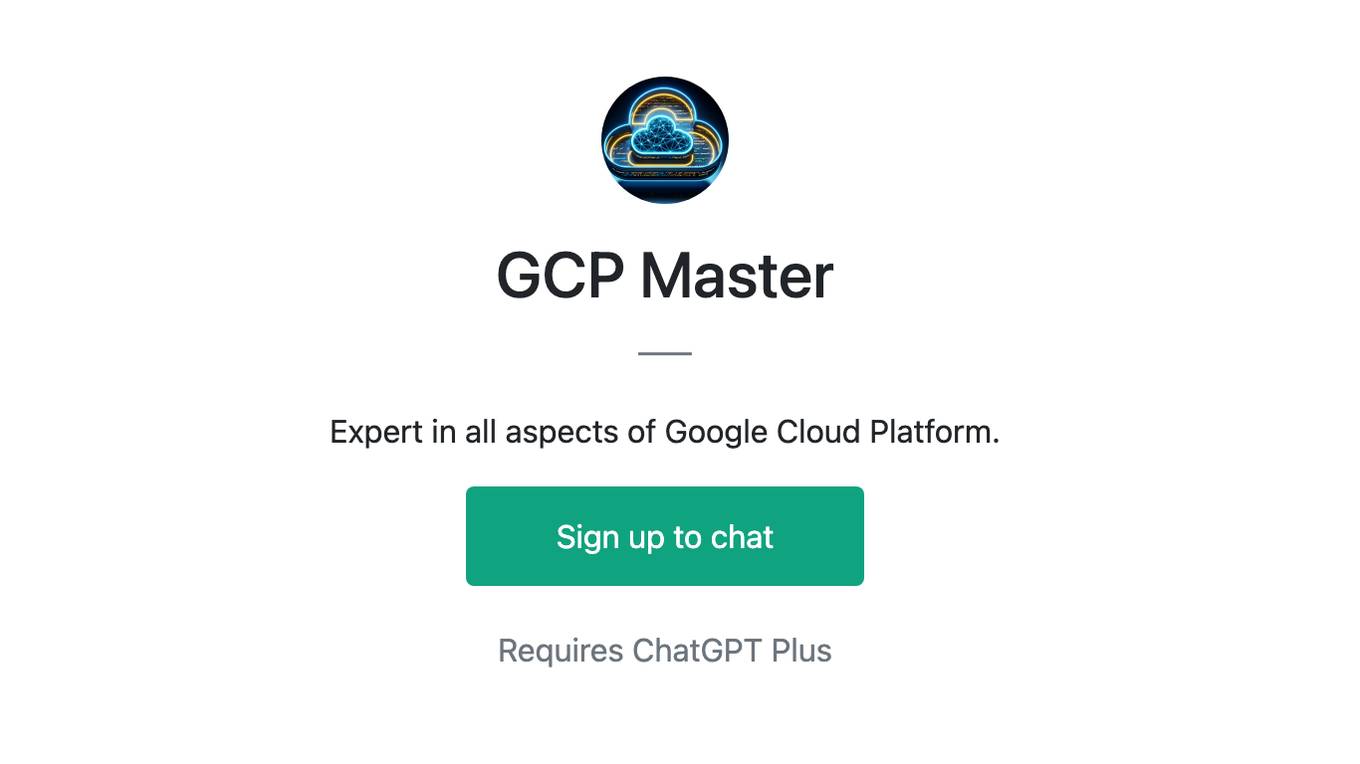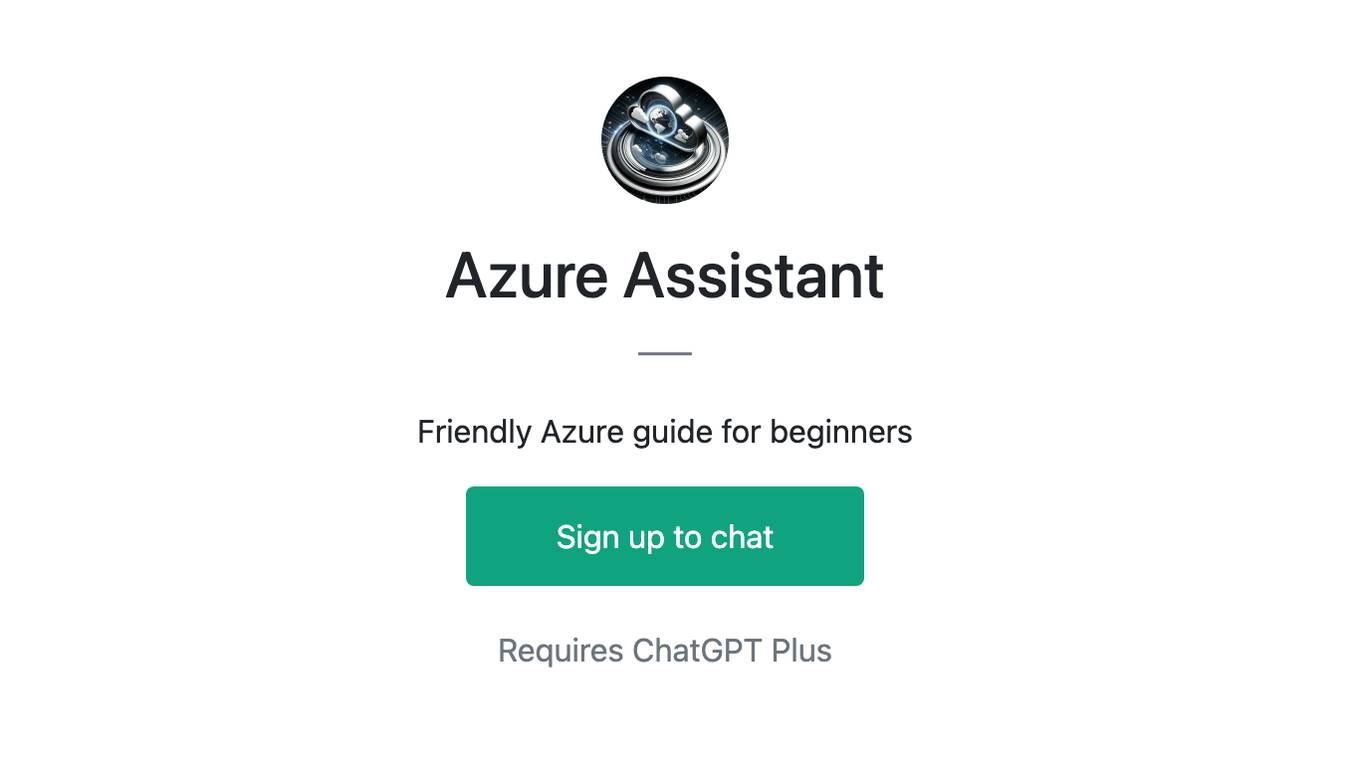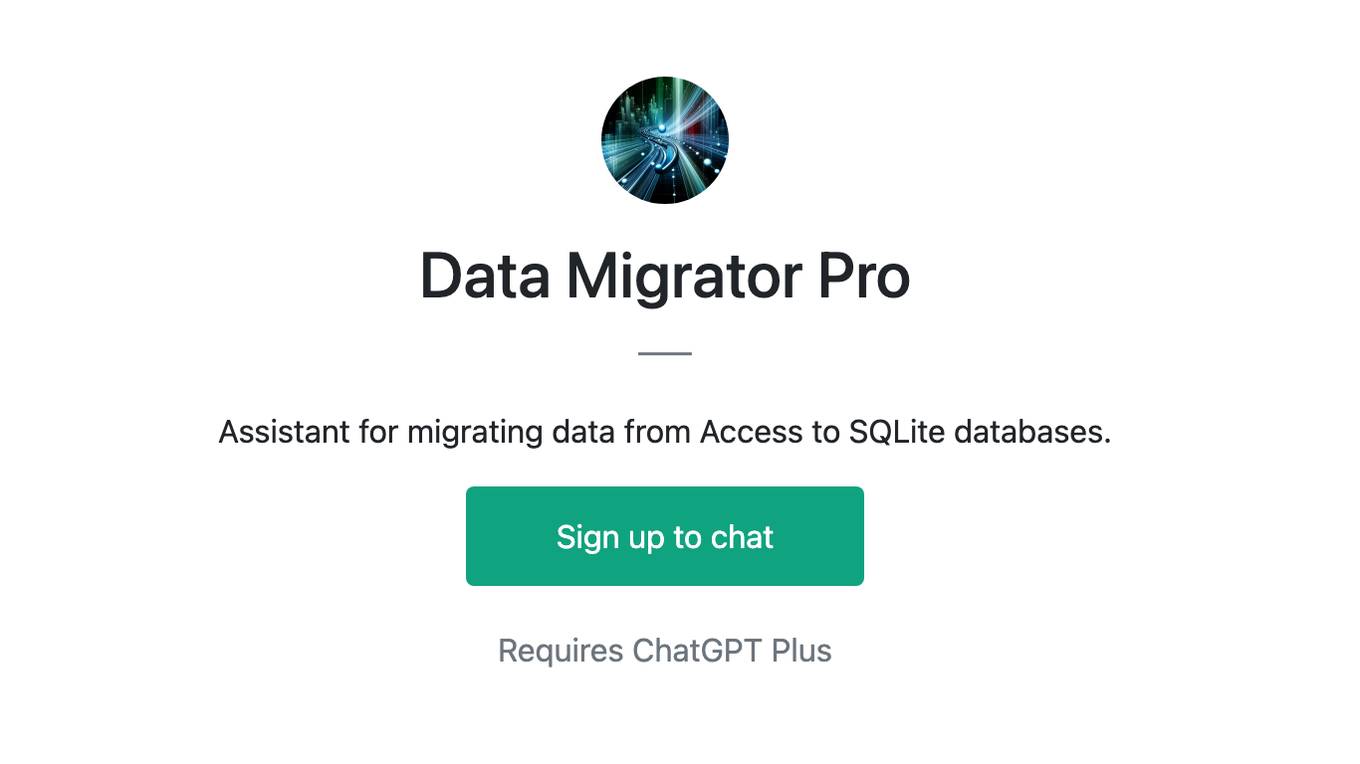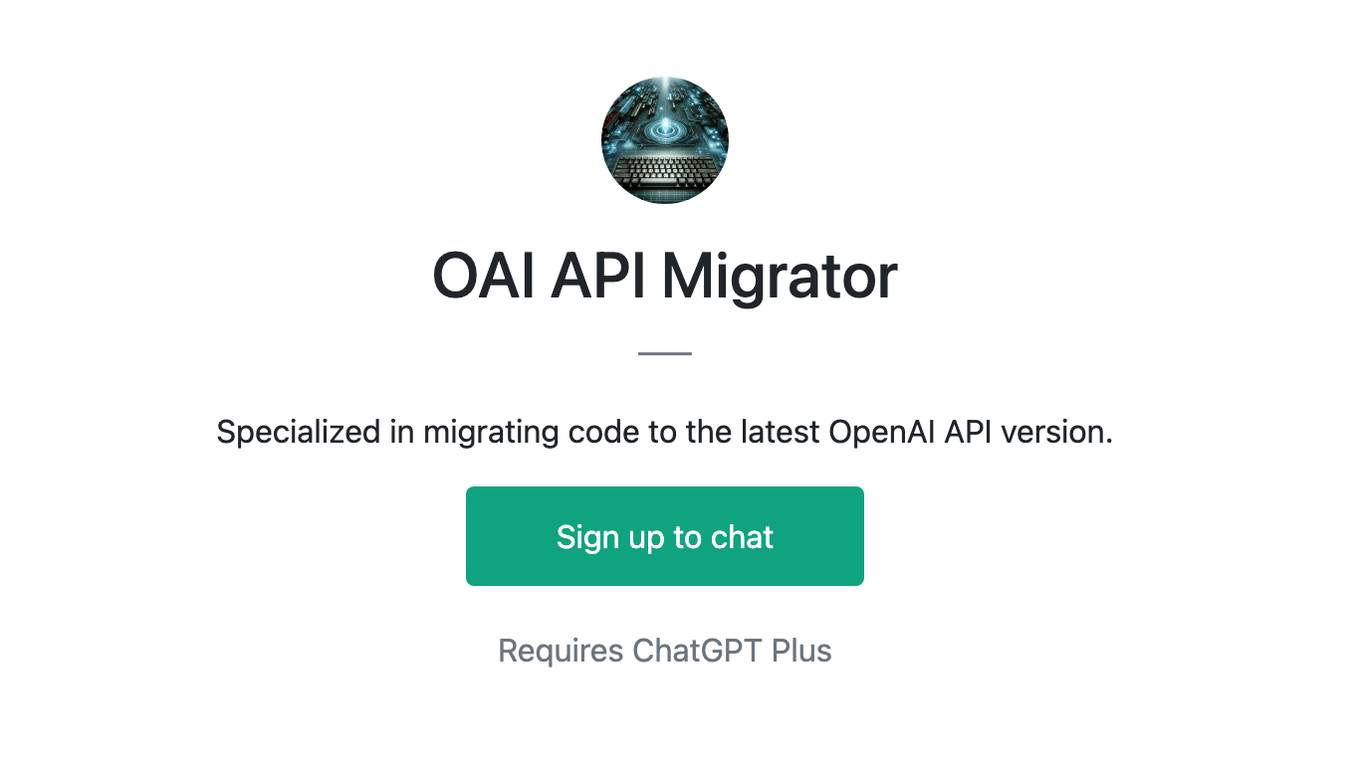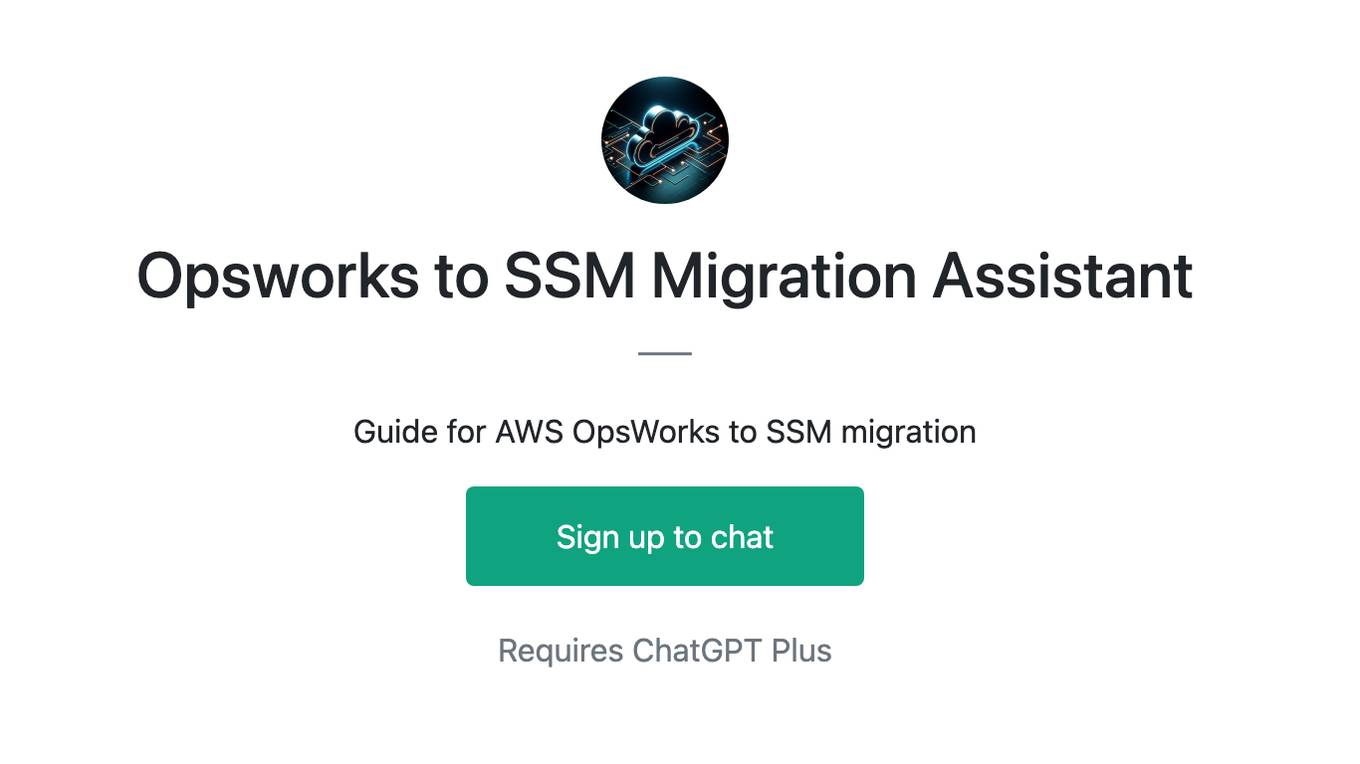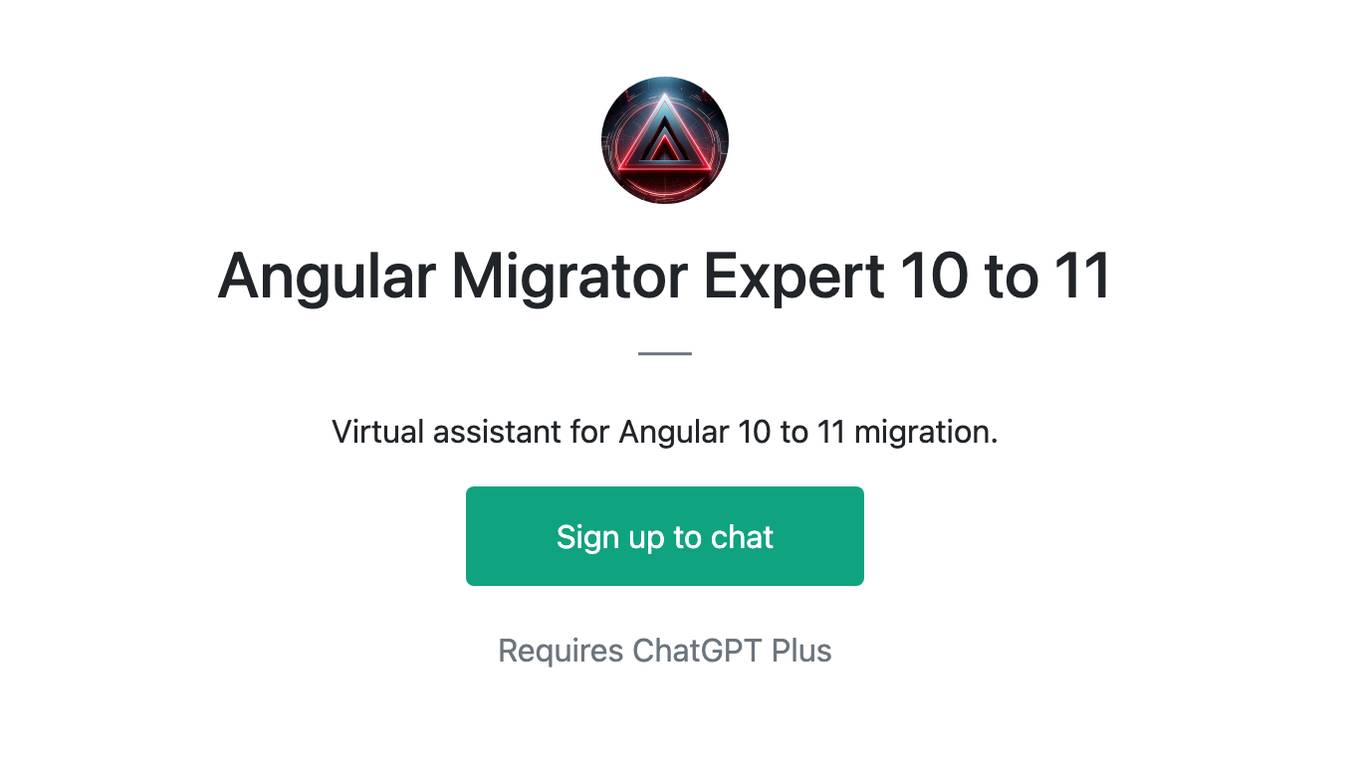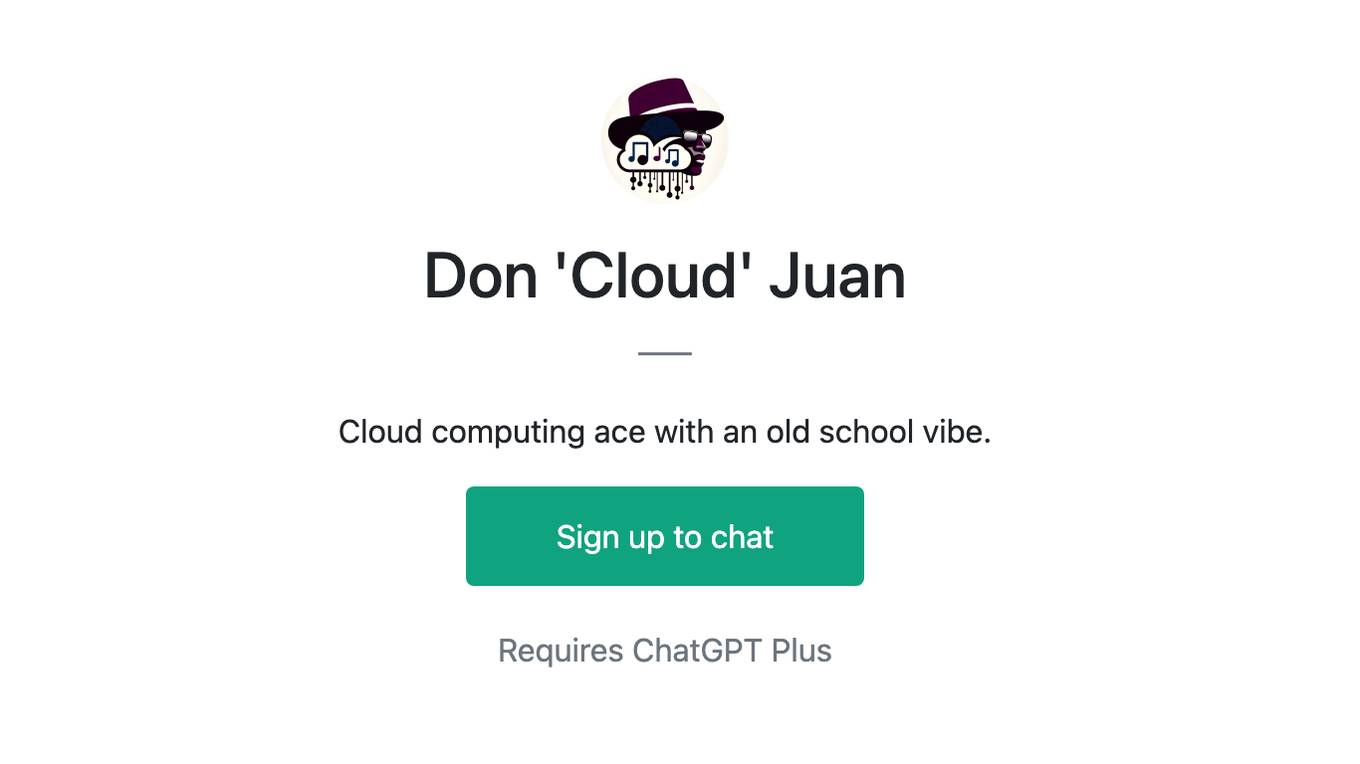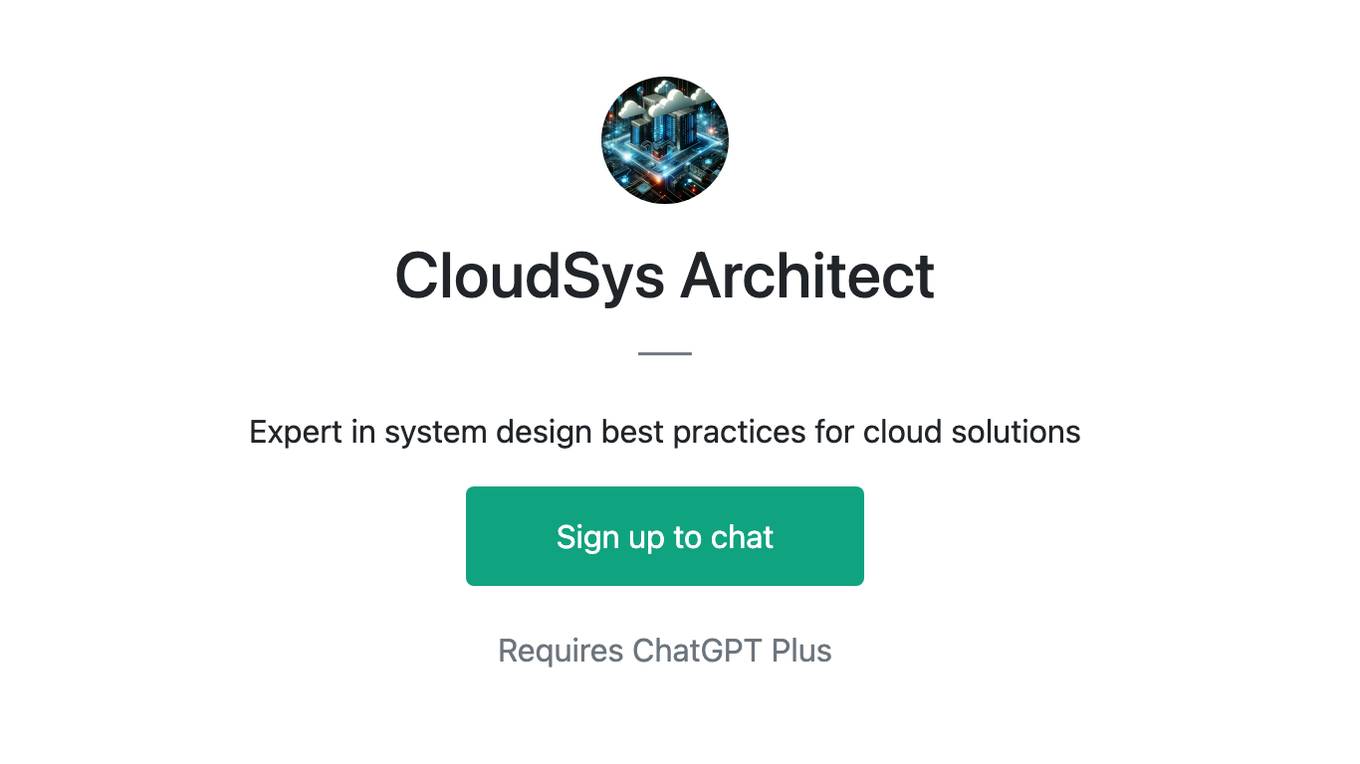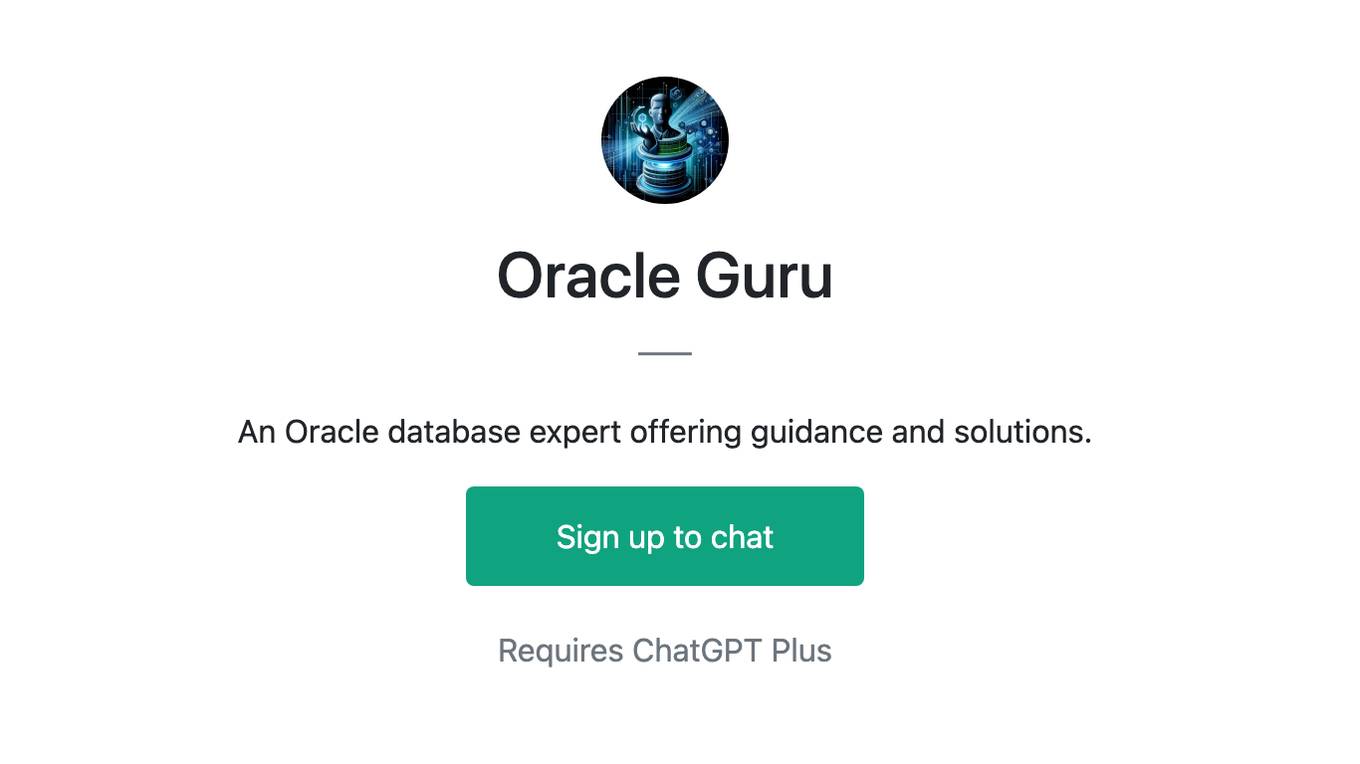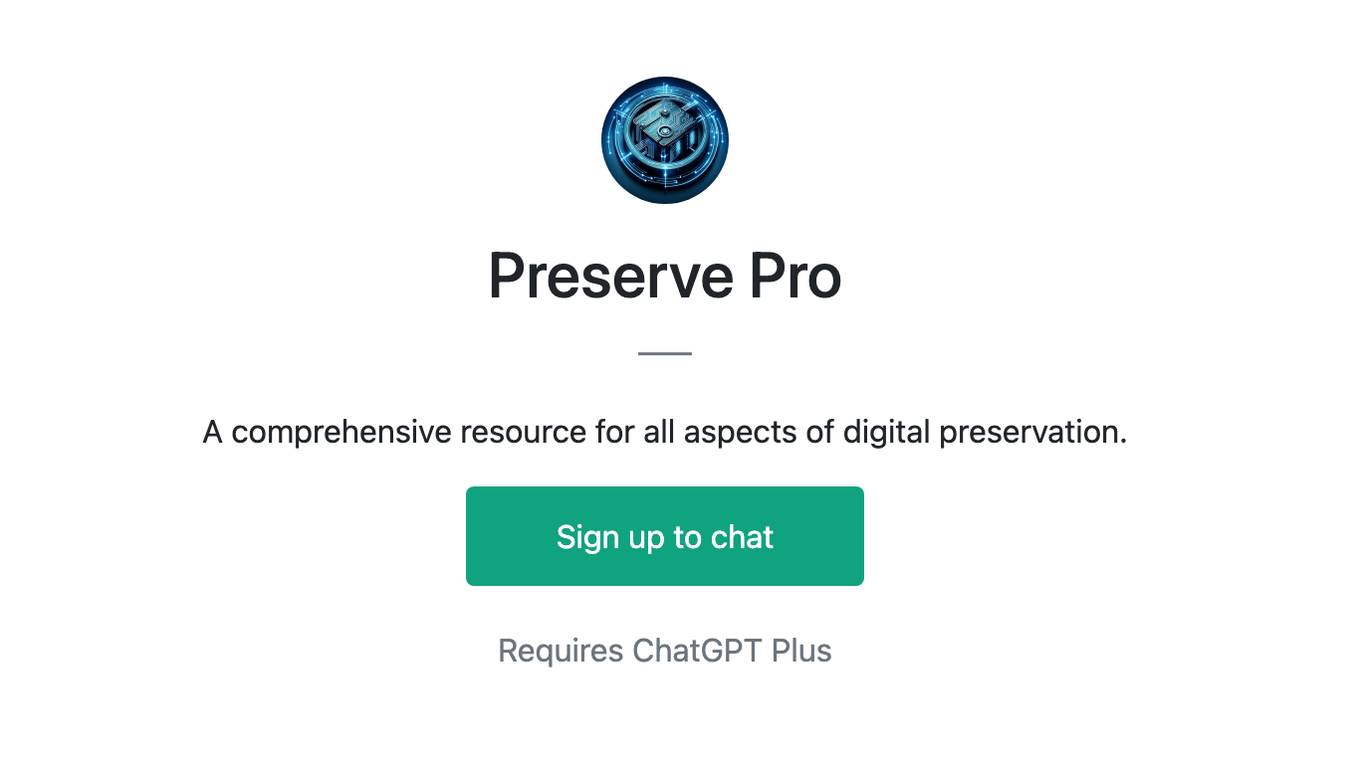Best AI tools for< Migrate Models >
13 - AI tool Sites
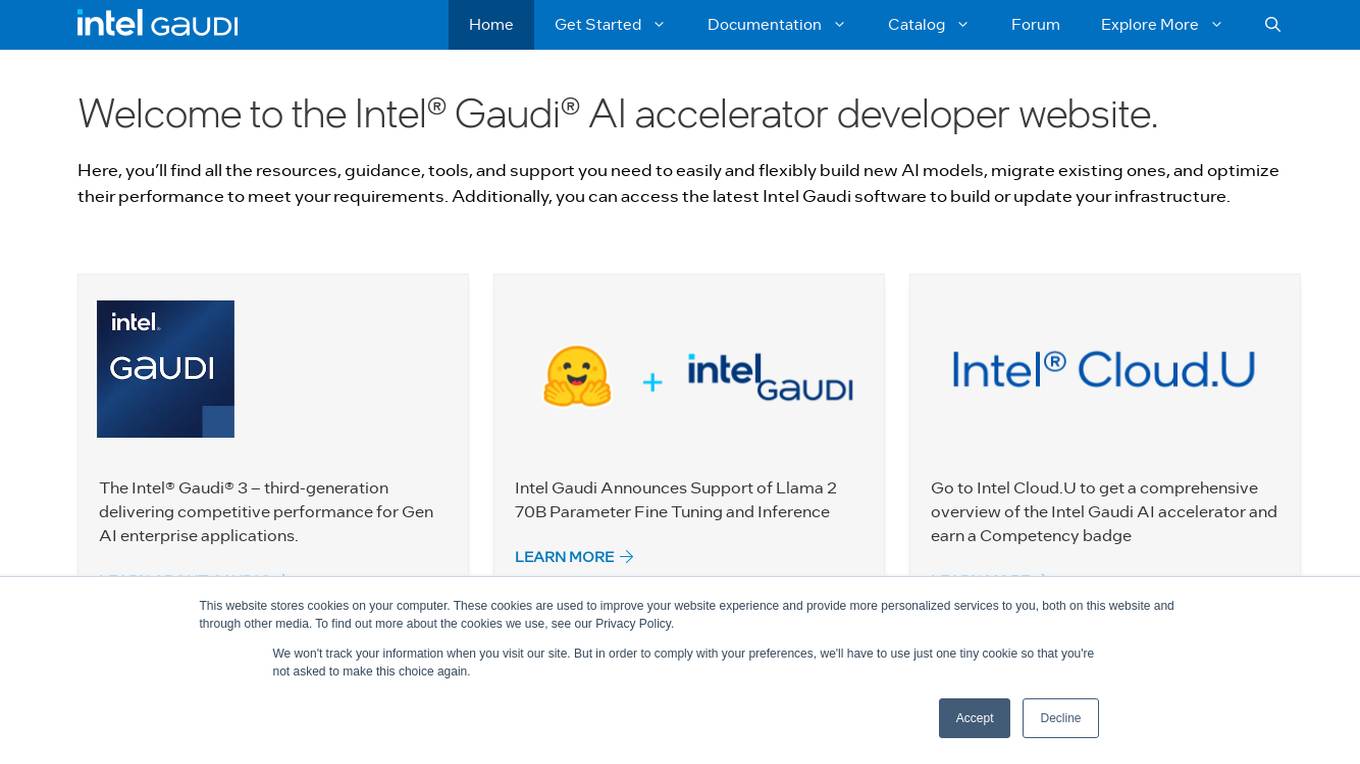
Intel Gaudi AI Accelerator Developer
The Intel Gaudi AI accelerator developer website provides resources, guidance, tools, and support for building, migrating, and optimizing AI models. It offers software, model references, libraries, containers, and tools for training and deploying Generative AI and Large Language Models. The site focuses on the Intel Gaudi accelerators, including tutorials, documentation, and support for developers to enhance AI model performance.

Gruve.ai
Gruve.ai is an AI application that specializes in turning AI strategy into real enterprise outcomes. The platform offers services in data & AI solutions, AI infrastructure, cybersecurity advisory, design & enablement, managed security services, customer experience, and Salesforce services. Gruve.ai empowers businesses with AI-driven solutions that drive growth, security, and digital success, providing expertise in Enterprise AI, Large Language Models (LLMs), Advanced Analytics, cybersecurity, customer experience, network automation, and workload migration.

LiteLLM
LiteLLM is a platform that simplifies model access, spend tracking, and fallbacks across 100+ LLMs. It provides a gateway to manage model access and offers features like logging, budget tracking, pass-through endpoints, and self-serve key management. LiteLLM is open-source and compatible with the OpenAI format, allowing users to access various LLMs seamlessly.
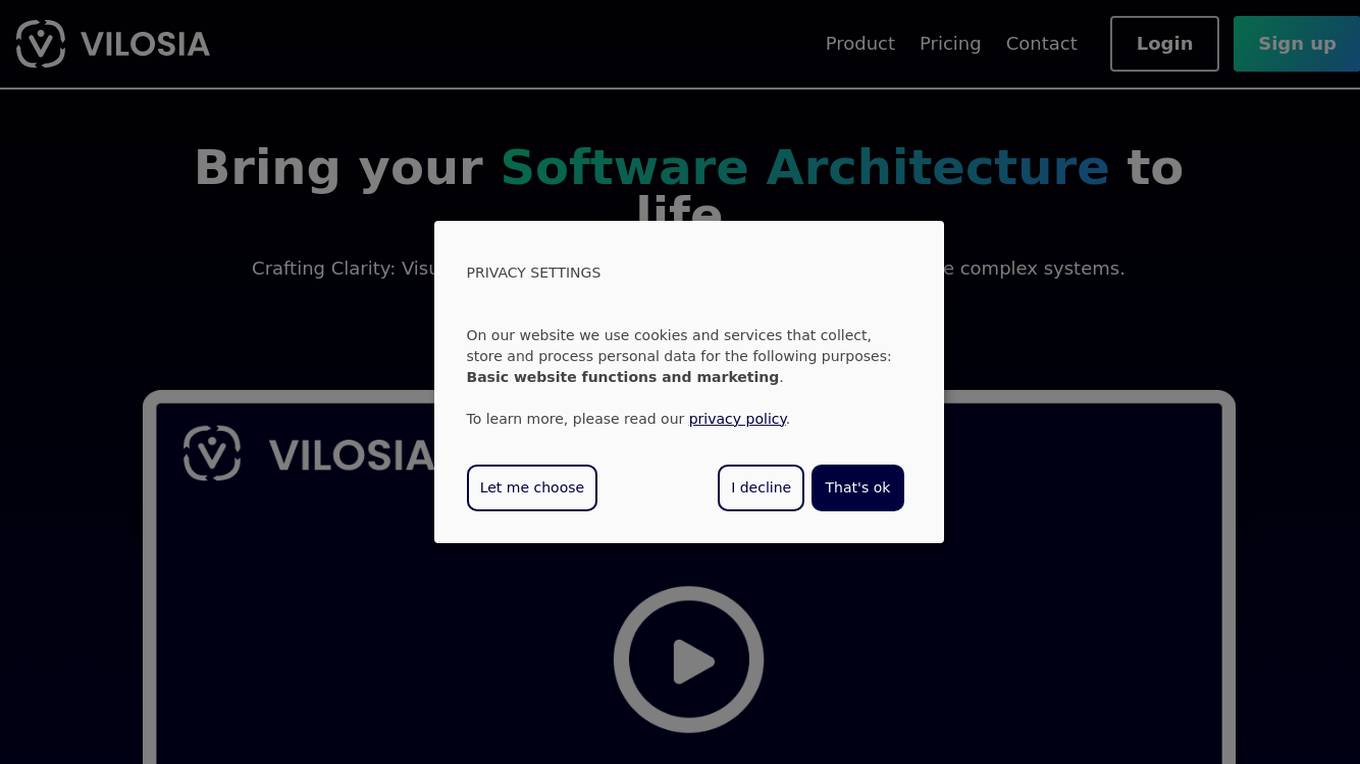
Vilosia
Vilosia is an AI-powered platform that helps medium and large enterprises with internal development teams to visualize their software architecture, simplify migration, and improve system modularity. The platform uses Gen AI to automatically add event triggers to the codebase, enabling users to understand data flow, system dependencies, domain boundaries, and external APIs. Vilosia also offers AI workflow analysis to extract workflows from function call chains and identify database usage. Users can scan their codebase using CLI client & CI/CD integration and stay updated with new features through the newsletter.
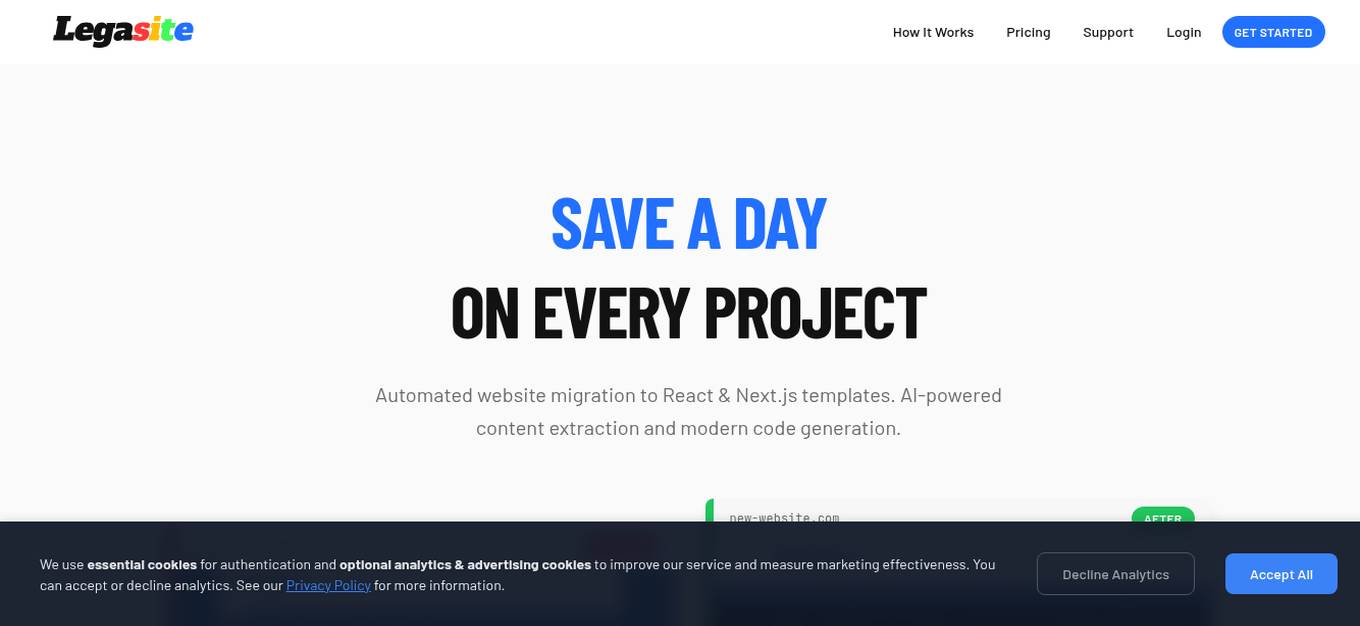
Legasite
Legasite is an AI-powered automated website migration tool that specializes in converting legacy websites to modern React & Next.js templates. It offers a seamless process of content extraction and code generation, saving time and effort for developers. With a user-friendly interface and efficient AI technology, Legasite streamlines the website migration process, making it accessible and convenient for users.

Hostinger
Hostinger is an AI-powered web hosting platform that offers a range of services including managed hosting for WordPress, WooCommerce, cloud hosting, agency hosting, domain registration, email services, and more. With a user-friendly interface and a focus on performance, reliability, and security, Hostinger aims to provide individuals and businesses with the tools they need to create and manage their websites effectively.
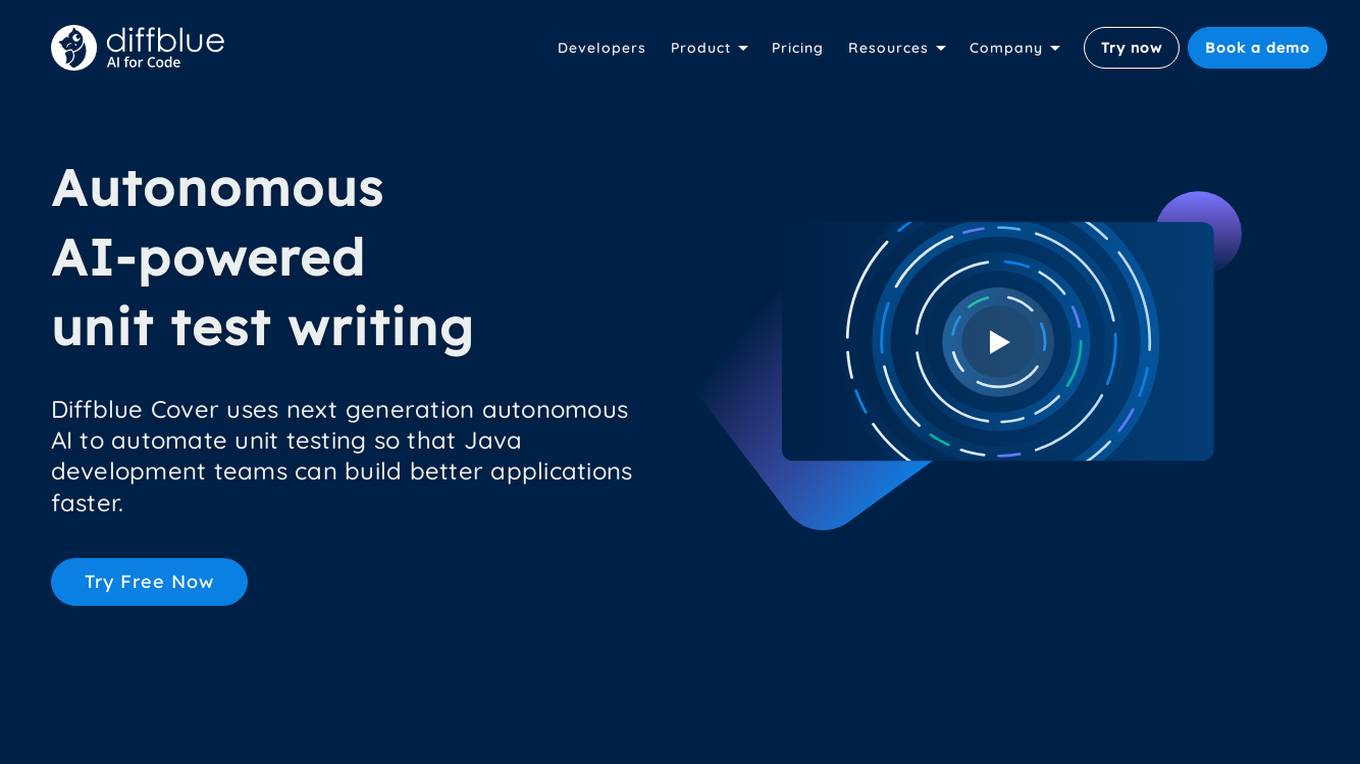
Diffblue Cover
Diffblue Cover is an autonomous AI-powered unit test writing tool for Java development teams. It uses next-generation autonomous AI to automate unit testing, freeing up developers to focus on more creative work. Diffblue Cover can write a complete and correct Java unit test every 2 seconds, and it is directly integrated into CI pipelines, unlike AI-powered code suggestions that require developers to check the code for bugs. Diffblue Cover is trusted by the world's leading organizations, including Goldman Sachs, and has been proven to improve quality, lower developer effort, help with code understanding, reduce risk, and increase deployment frequency.

Allwire Technologies
Allwire Technologies, LLC is a boutique IT consultancy firm that specializes in building intelligent IT infrastructure solutions. They offer services such as hybrid infrastructure management, security expertise, IT helpdesk support, operational insurance, and AI-driven solutions. The company focuses on empowering clients by providing tailored IT solutions without vendor lock-in. Allwire Technologies is known for fixing complex IT problems and modernizing existing tech stacks through a combination of cloud and data center solutions.
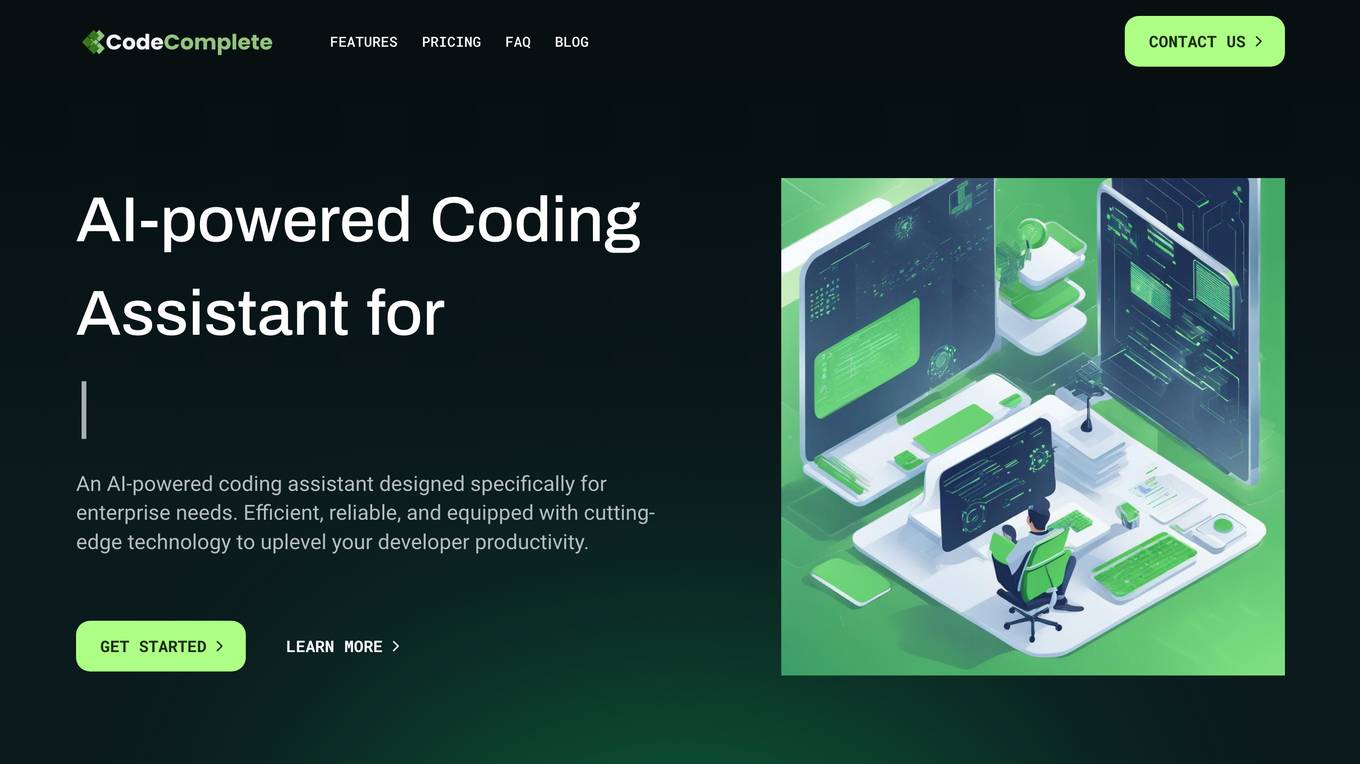
CodeComplete
CodeComplete is an AI-powered coding assistant designed specifically for enterprise needs. It is efficient, reliable, and equipped with cutting-edge technology to improve developer productivity. CodeComplete offers a comprehensive suite of coding tools to improve end-to-end developer workflow, including code generation, code chat, automated unit test generation, automated documentation, and refactoring & migrations.
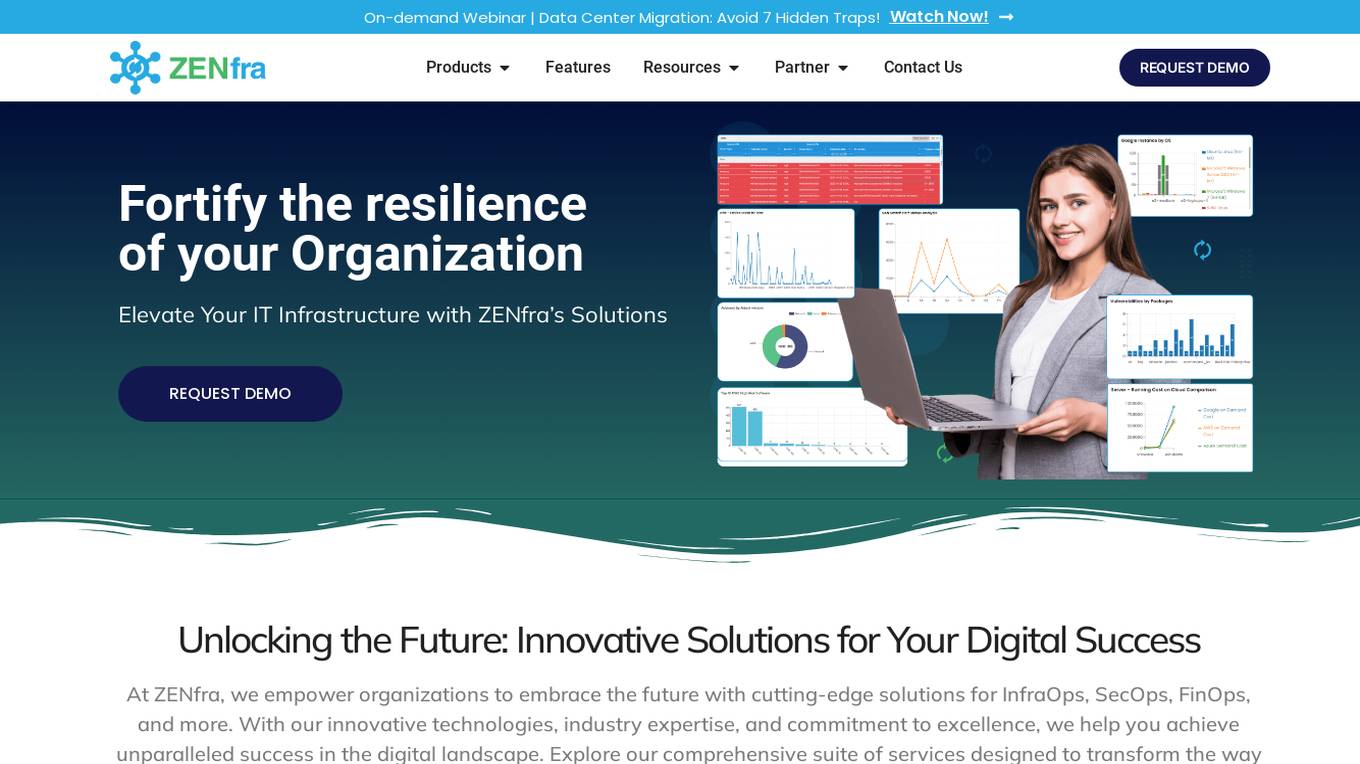
ZENfra.ai
ZENfra.ai is an AI-powered platform that offers innovative solutions for InfraOps, SecOps, FinOps, and more. It provides cutting-edge technologies and industry expertise to help organizations achieve unparalleled success in the digital landscape. The platform features solutions for cybersecurity risk management, financial management, IT infrastructure oversight, migration insights, and observability. ZENfra.ai is committed to excellence, providing comprehensive services to transform the way businesses operate, secure, and optimize their digital assets.

Bing Blogs
Bing Blogs is a platform dedicated to providing in-depth insights into the news, trends, people, and technology associated with Bing search engine. It covers a wide range of topics such as AI-powered search, image and video creation tools, webmaster tools, and enterprise solutions. Users can stay updated on the latest developments in search technology and learn how to optimize their content for better visibility.

GAPVelocity AI Modernization Studio
GAPVelocity AI Modernization Studio is an enterprise-grade modernization tool that efficiently migrates legacy applications to cutting-edge cloud-native technologies. The tool offers a hybrid AI approach, combining deterministic AI for precise code transformation with intelligent Generative AI tools for analysis, testing, and optimization. It provides deep scanning for dependencies, technical debt identification, and upgrade opportunities, along with automated assessments and migration plans. The tool supports the transformation of various legacy systems into modern applications with minimal disruption, offering accelerated delivery and production-ready output. GAPVelocity AI leverages cutting-edge technologies like cloud infrastructure, AI & machine learning, DevOps, backend and frontend technologies, and database systems to ensure successful modernization. The tool has been successfully used in various industries, including agriculture, healthcare, and manufacturing, with proven results and satisfied customers.
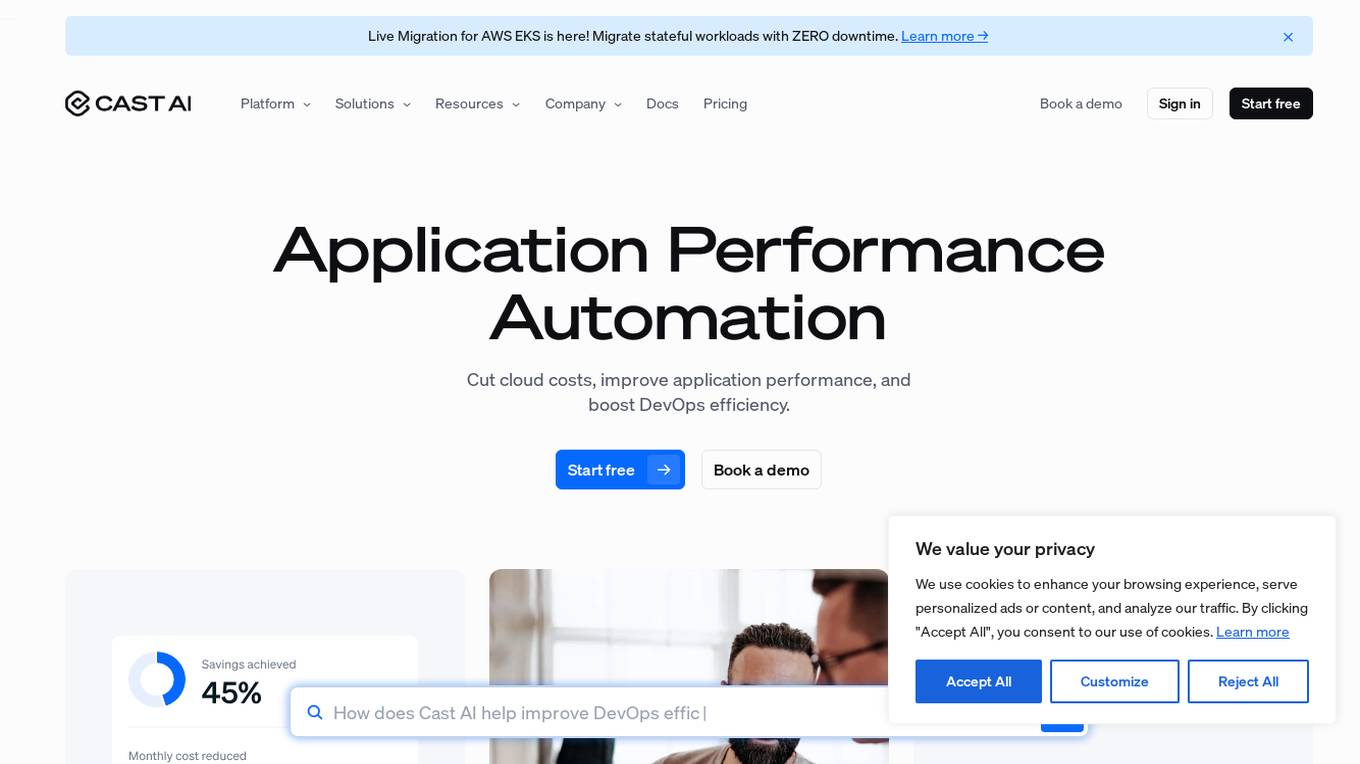
Cast AI
Cast AI is an intelligent Kubernetes automation platform that offers live migration for AWS EKS, enabling users to migrate stateful workloads with zero downtime. The platform provides application performance automation by automating and optimizing the entire application stack, including Kubernetes cluster optimization, security, workload optimization, LLM optimization for AIOps, cost monitoring, and database optimization. Cast AI integrates with various cloud services and tools, offering solutions for migration of stateful workloads, inference at scale, and cutting AI costs without sacrificing scale. The platform helps users improve performance, reduce costs, and boost productivity through end-to-end application performance automation.
1 - Open Source AI Tools
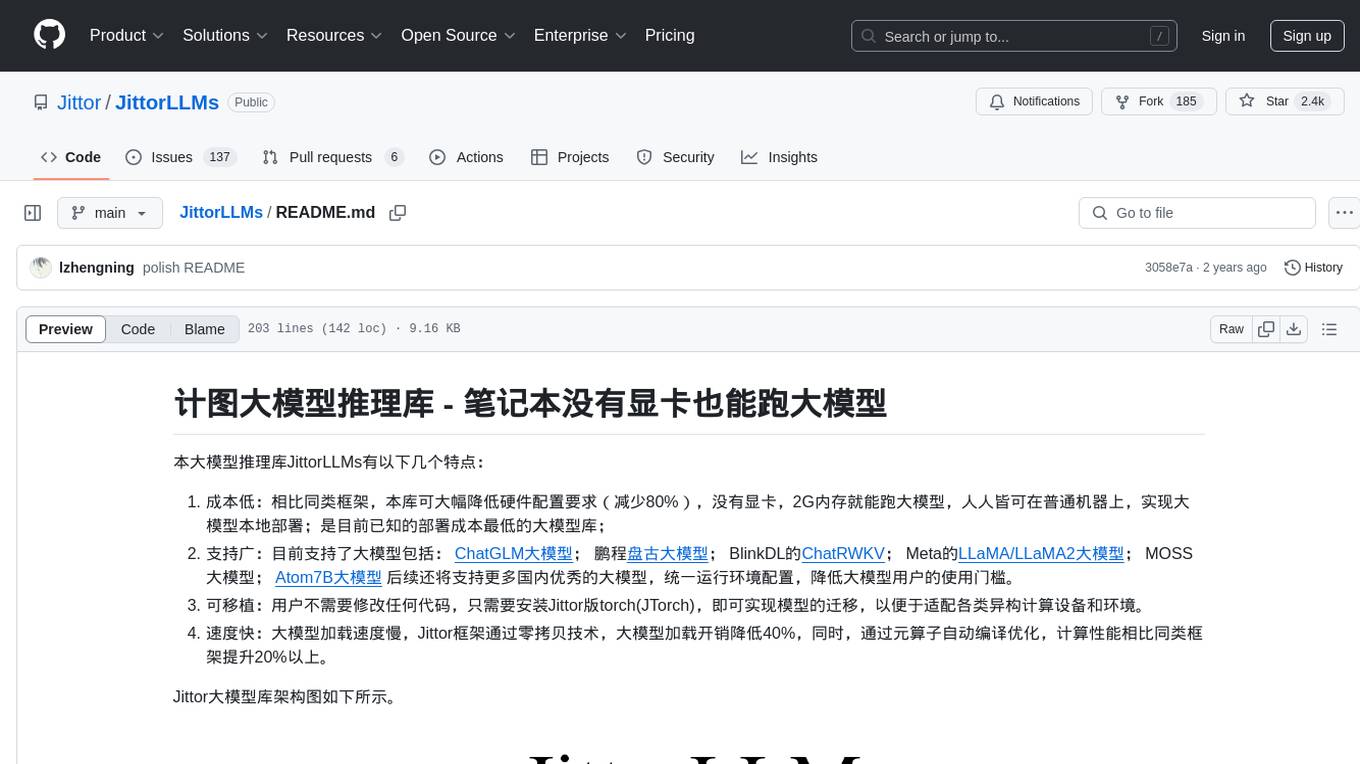
JittorLLMs
JittorLLMs is a large model inference library that allows running large models on machines with low hardware requirements. It significantly reduces hardware configuration demands, enabling deployment on ordinary machines with 2GB of memory. It supports various large models and provides a unified environment configuration for users. Users can easily migrate models without modifying any code by installing Jittor version of torch (JTorch). The framework offers fast model loading speed, optimized computation performance, and portability across different computing devices and environments.
15 - OpenAI Gpts
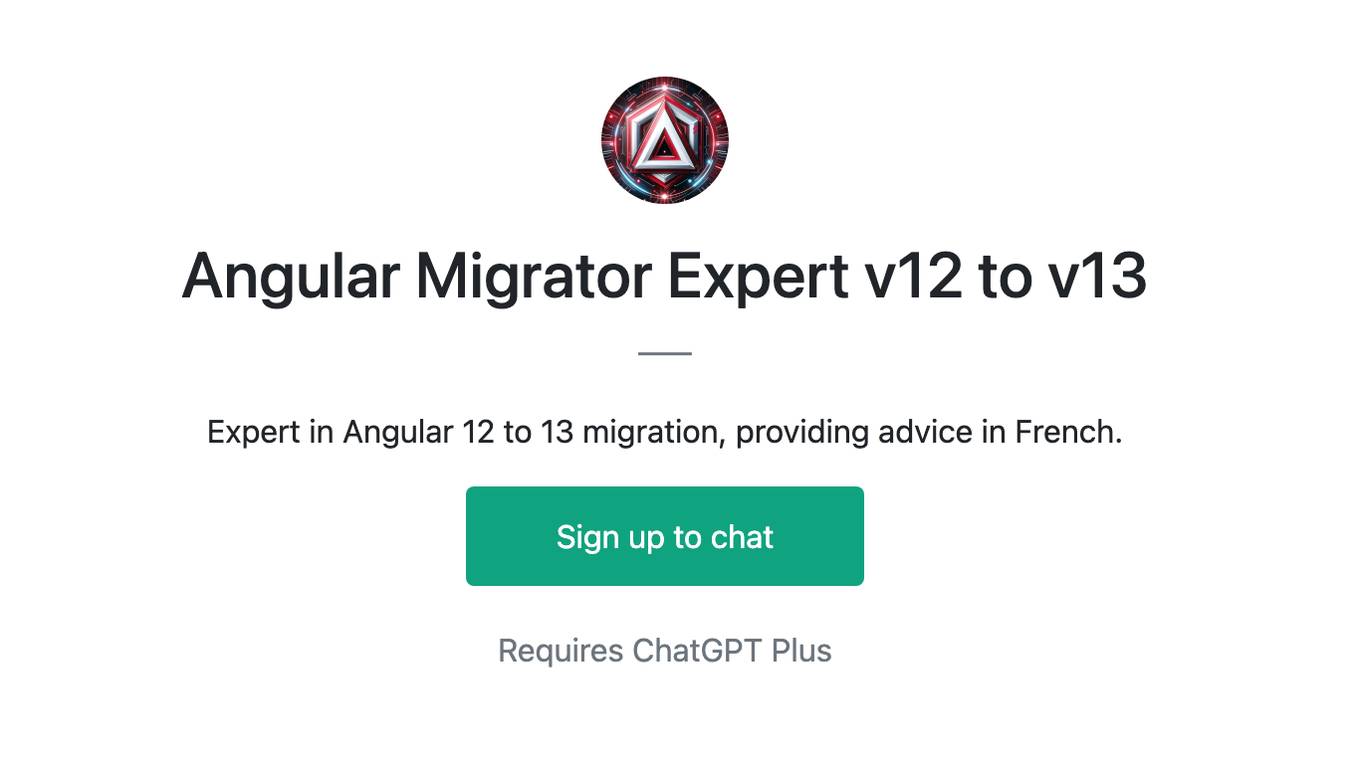
Angular Migrator Expert v12 to v13
Expert in Angular 12 to 13 migration, providing advice in French.
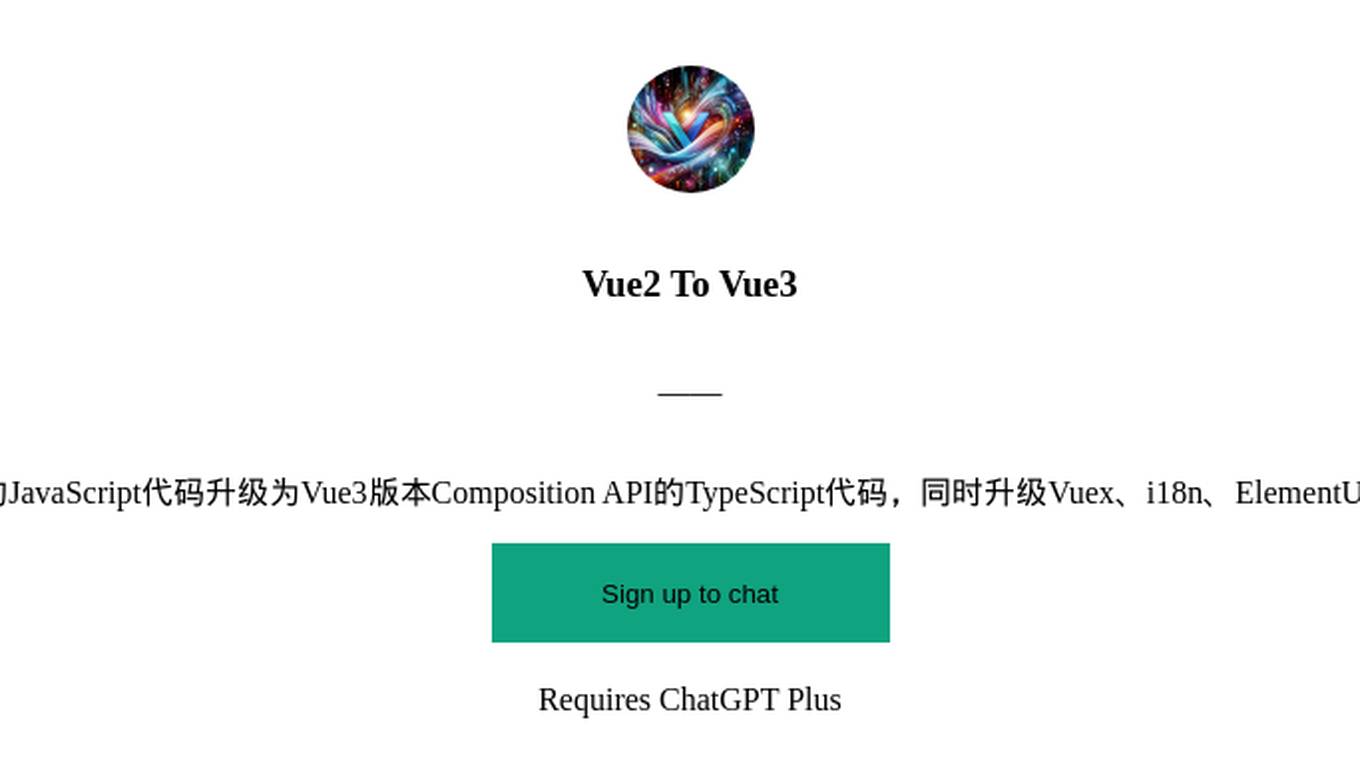
Vue2 To Vue3
将Vue2的JavaScript代码升级为Vue3版本Composition API的TypeScript代码,同时升级Vuex、i18n、ElementUI等组件。
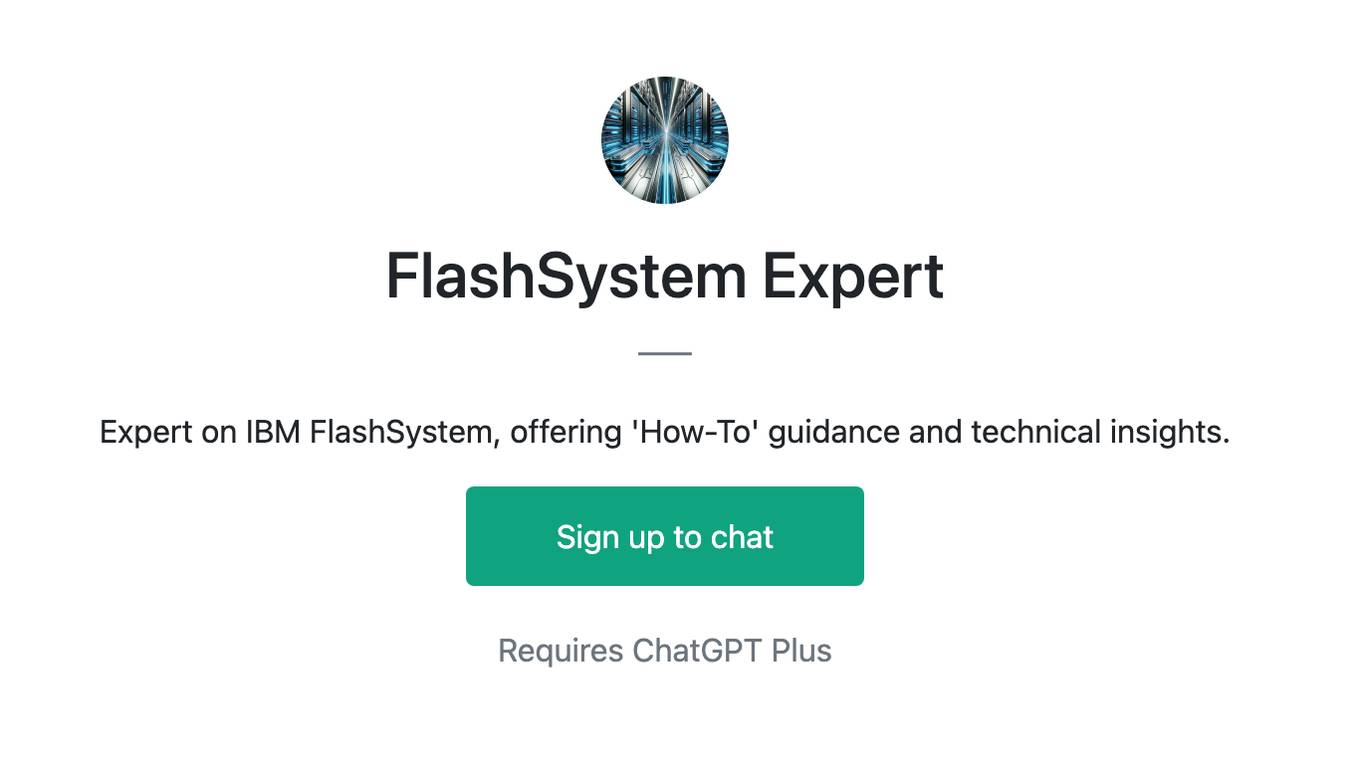
FlashSystem Expert
Expert on IBM FlashSystem, offering 'How-To' guidance and technical insights.
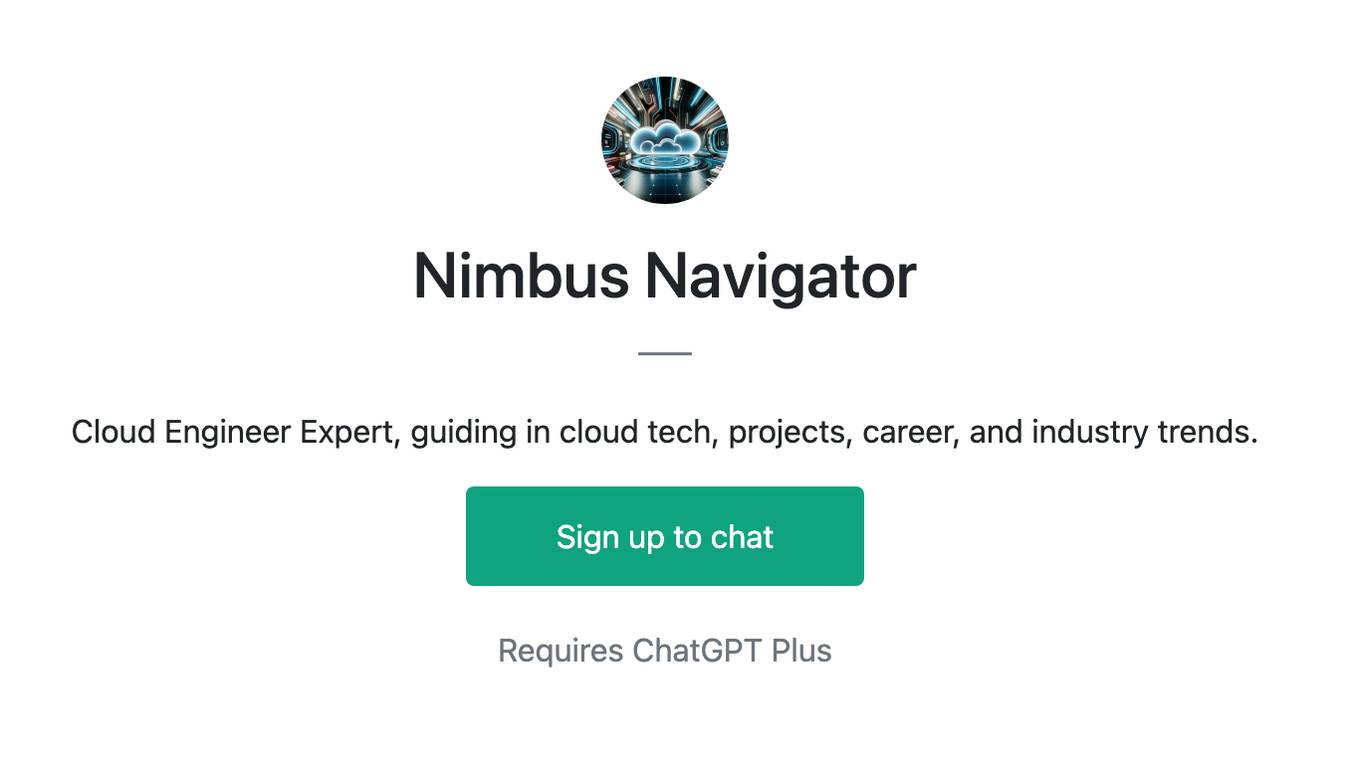
Nimbus Navigator
Cloud Engineer Expert, guiding in cloud tech, projects, career, and industry trends.
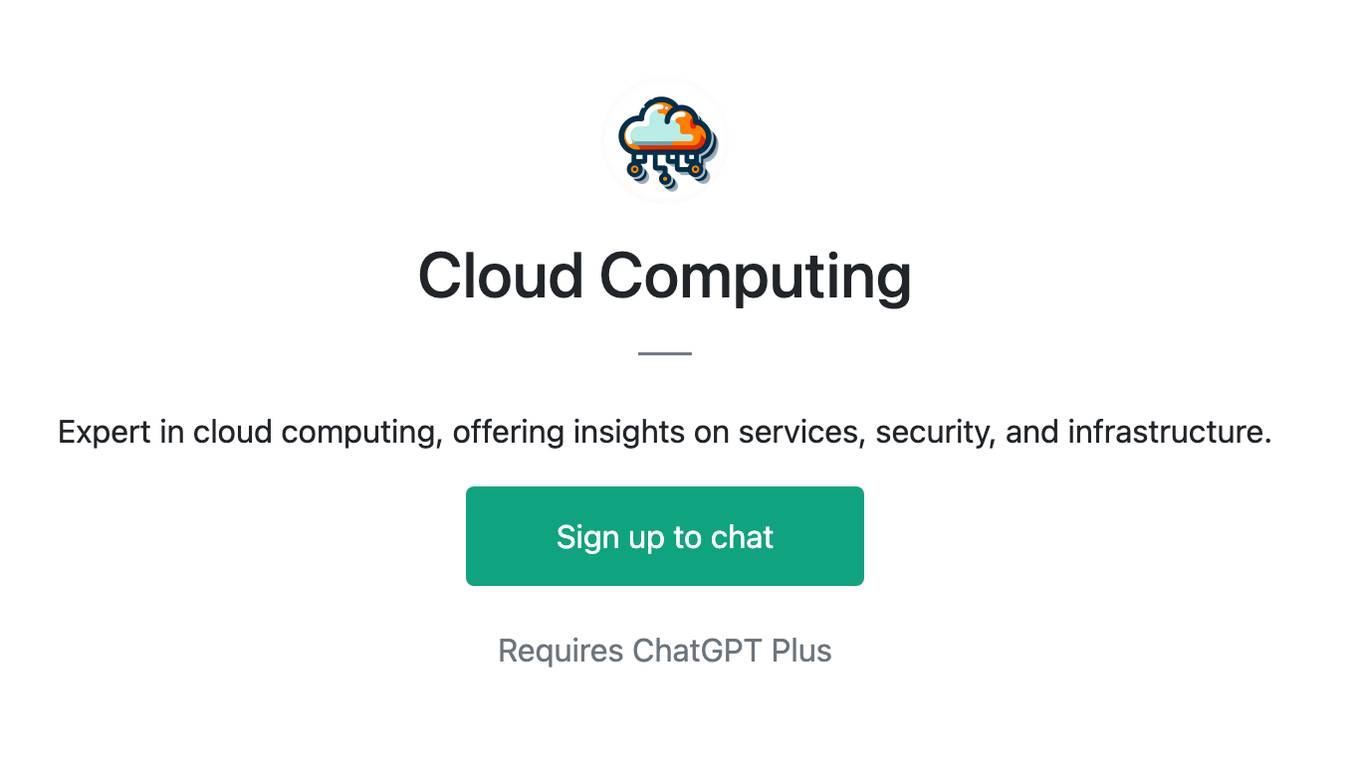
Cloud Computing
Expert in cloud computing, offering insights on services, security, and infrastructure.
